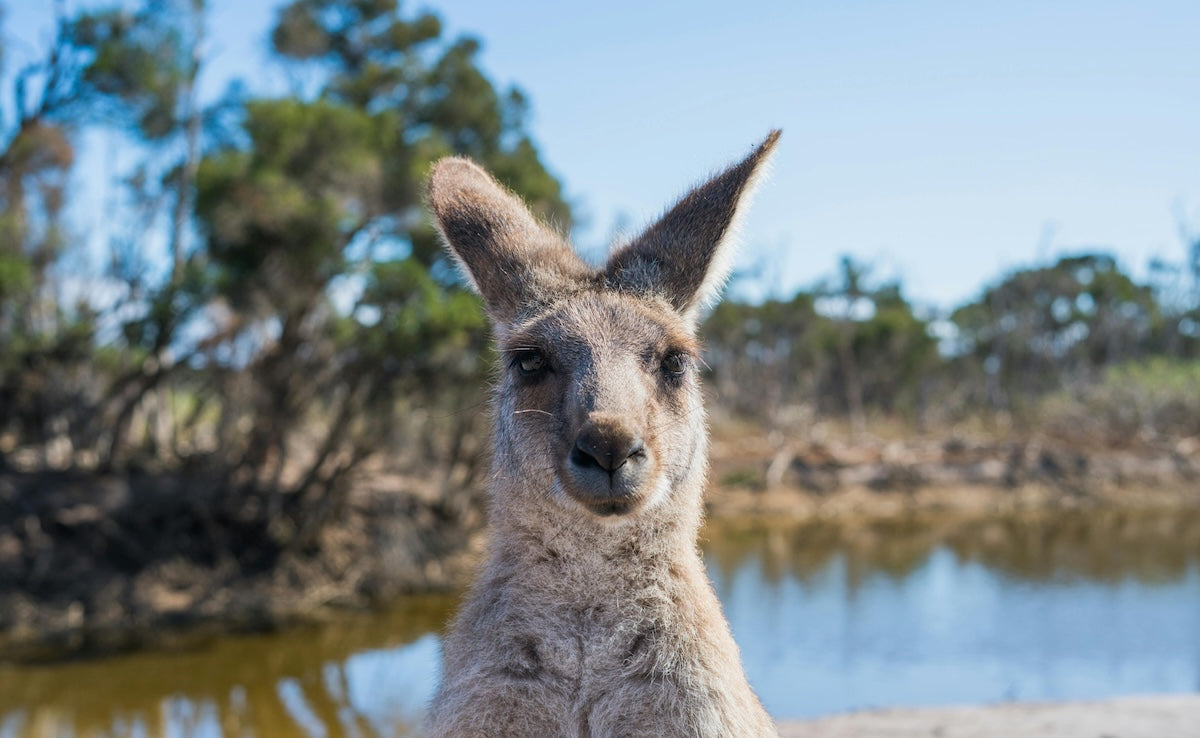
Wildlife Encounters in the Australian Outback: What to do and not do
The Australian Outback is a vast and rugged landscape, teeming with unique wildlife. While encountering animals like snakes, kangaroos, and spiders can be thrilling, it's essential to know how to respond safely. Here's a guide on what to do—and not do—during such encounters.
🐍 Encountering a Snake in the outback
Australia is home to some of the world's most venomous snakes, including the inland taipan and eastern brown snake. If you come across a snake:
Do:
-
Stay calm and back away slowly. Most snakes prefer to avoid humans and will retreat if given space.
-
Observe from a safe distance. Use binoculars or a zoom lens to get a closer look without approaching.
-
Call for professional help. If the snake is in a dangerous location, contact local wildlife authorities or a snake catcher.
Don't:
-
Attempt to handle or provoke the snake. This increases the risk of a bite.
-
Try to kill the snake. Not only is this dangerous, but it's also illegal in many areas.
-
Assume all snakes are venomous. Many are non-venomous and pose little threat.
For more information on snake bite kits and safety, check out this guide on snake bite kits for hikers, campers, and travellers in Australia.
***If you have been bitten by a snake please call 000 immediately***
🦘 Encountering a Kangaroo
Kangaroos are iconic symbols of Australia. While they are generally peaceful, they can become aggressive if threatened.
Do:
-
Maintain a safe distance. Admire them from afar without approaching.
-
Keep pets on a leash. Dogs can provoke kangaroos, leading to defensive behavior.
-
Observe their body language. Signs of agitation include raised tails and stomping feet.
Don't:
-
Approach or feed kangaroos. Feeding can alter their natural behavior and make them more aggressive.
-
Corner or trap them. Always allow an escape route to prevent stress or aggression.
-
Assume all kangaroos are docile. Even a seemingly calm kangaroo can kick if it feels threatened.
🕷️ Encountering a Spider
Australia hosts a variety of spiders, some of which can be dangerous. However, bites are rare and fatalities even rarer.
Do:
-
Wear protective clothing. Long pants and boots can prevent bites when walking through dense vegetation.
-
Check your gear. Inspect shoes, sleeping bags, and clothing before use.
-
Seek medical attention if bitten. Even if symptoms seem mild, it's best to consult a healthcare professional.
Don't:
-
Handle spiders. Admire them from a distance without touching.
-
Assume all spiders are dangerous. Most are harmless and play vital roles in the ecosystem.
-
Panic. Stay calm and take necessary precautions.
PAST Outdoors Originals Hiking Individual First Aid Kit (HIFAK)
The PAST Outdoors team, drawing on experience from local trails, overseas trips, and even point-of-injury situations in war zones, developed the Hiking Individual First Aid Kit (HIFAK). Designed for both individual use and small groups, it strikes the perfect balance between functionality and weight—avoiding the common pitfalls of kits that are either overloaded or overlooked.
Standout features include a foam conforming splint and a trauma/haemorrhage control dressing, both lightweight and versatile. Combined with our best-selling Snake Bite Kit and a C.A.T Tourniquet, the HIFAK is ideal for hikers, small group trips, or outdoor education guides.
Approved by the Therapeutic Goods Administration, the HIFAK was developed with input from paramedics, hikers, and outdoor professionals. Special credit to Hamish from Tegere Gear for pioneering a practical solution to under-equipped first aid kits in the outdoor industry.
Enhance Your First Aid and Navigational Skills at PAST Outdoors
Knowledge is power. PAST Outdoors offers a range of educational services to equip you with essential outdoor skills:
-
Personal Shopping & Expedition Planning Tailored advice to gear up for your adventures.
-
Hiking & Camping Land Navigation Course: Learn essential navigation skills to stay on track.
-
Next Peak Accredited First Aid Course: Gain confidence in handling medical emergencies in the wild.
-
Being prepared and staying calm are key to safely enjoying the Australian Outback. By respecting wildlife, maintaining a safe distance, and carrying the right gear—like a hiking first aid kit or camping first aid kits—you can reduce risks and handle emergencies confidently. Combine this with proper skills in navigation and first aid, and your adventures will be safer, smarter, and more enjoyable. Respect wildlife, stay prepared, and make every Outback experience a memorable—and safe—one.
At PAST Outdoors, we are a family-owned Australian business committed to providing high-quality hiking, camping, and travel gear. Founded by Dave Parker, a former Special Operations veteran, our team combines extensive outdoor experience with a passion for adventure. We offer a curated selection of gear tailored to meet the needs of individuals, families, and organizations, ensuring you have the right equipment for your journey. Whether you're a seasoned explorer or new to the outdoors, our expert advice and personalized service are here to support your adventures.
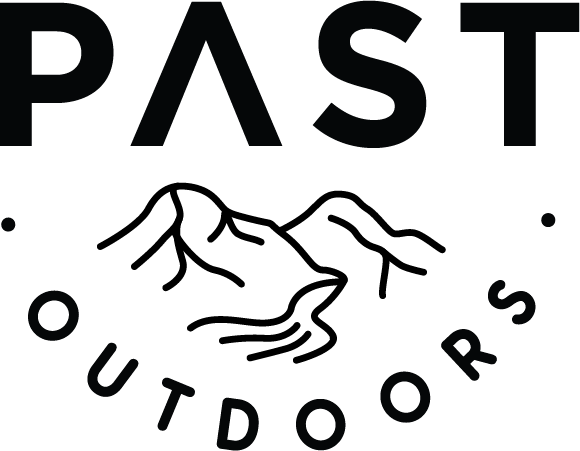




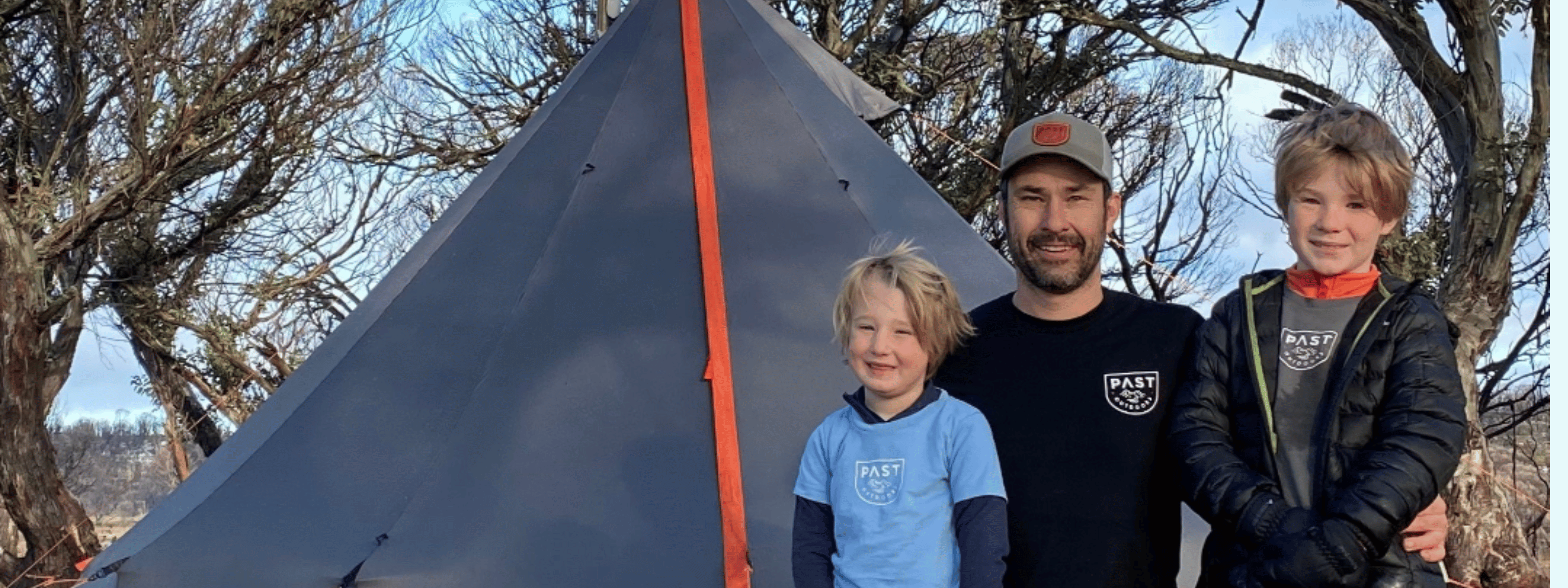
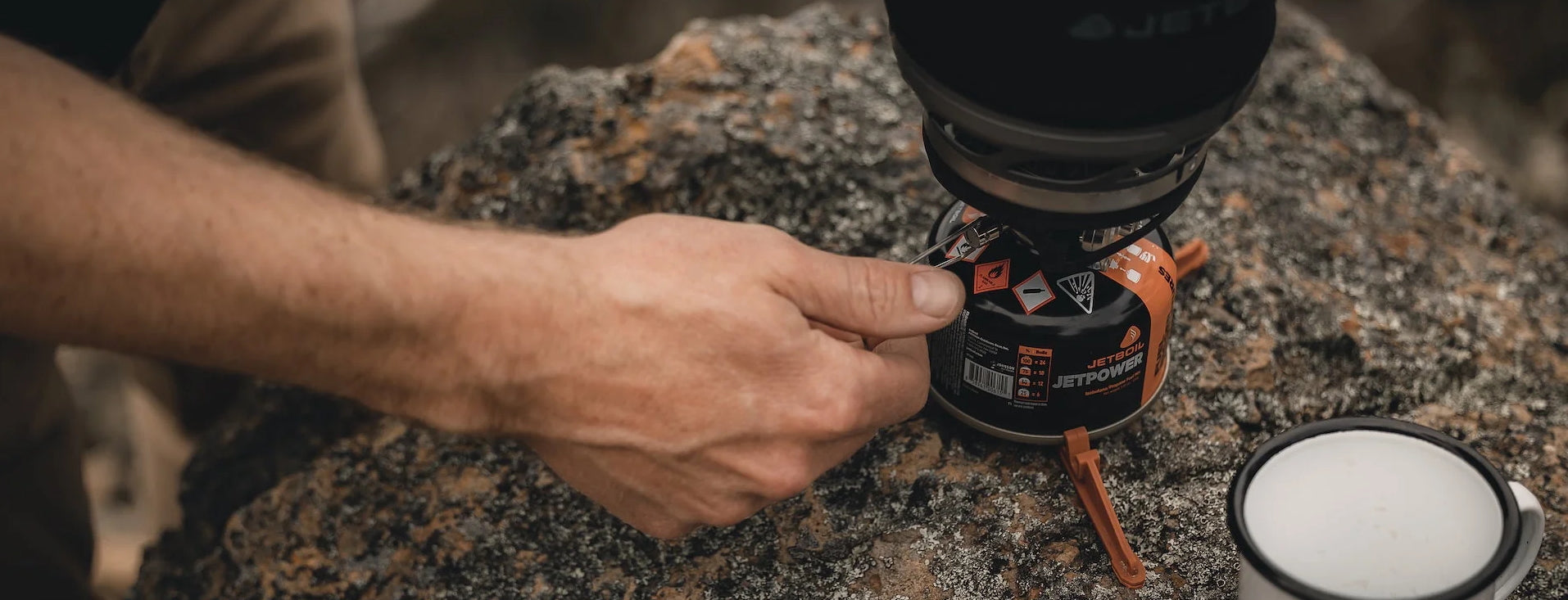
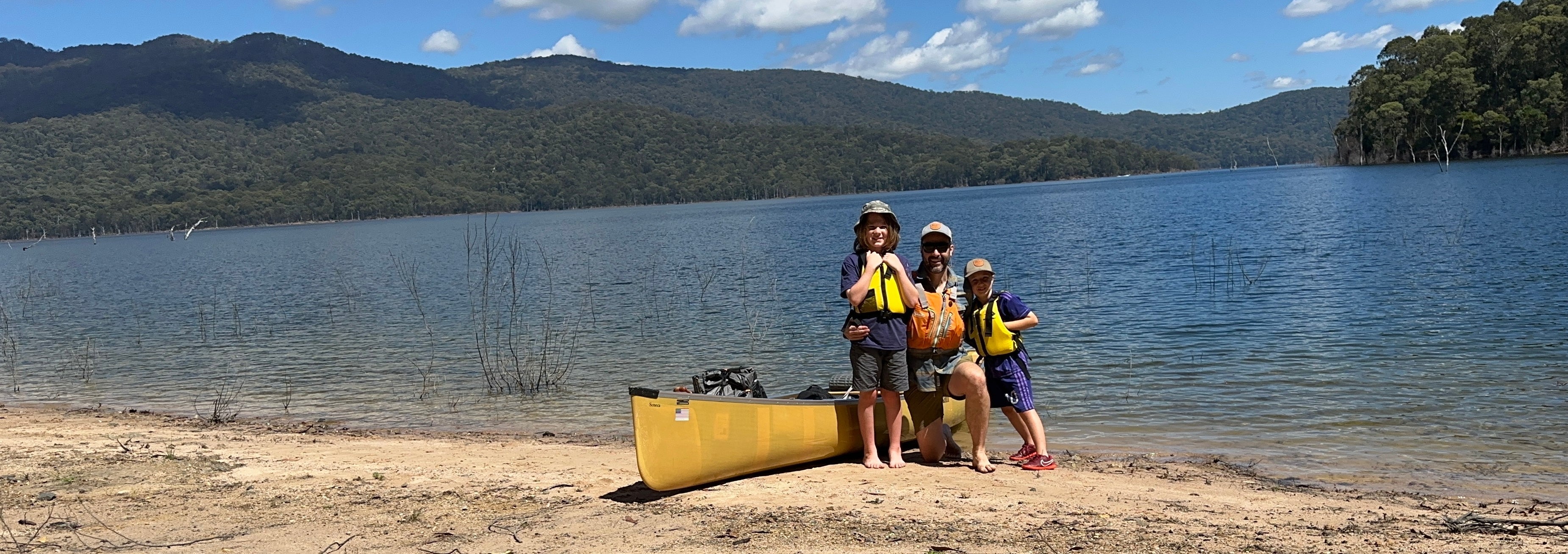
Leave a comment
This site is protected by hCaptcha and the hCaptcha Privacy Policy and Terms of Service apply.